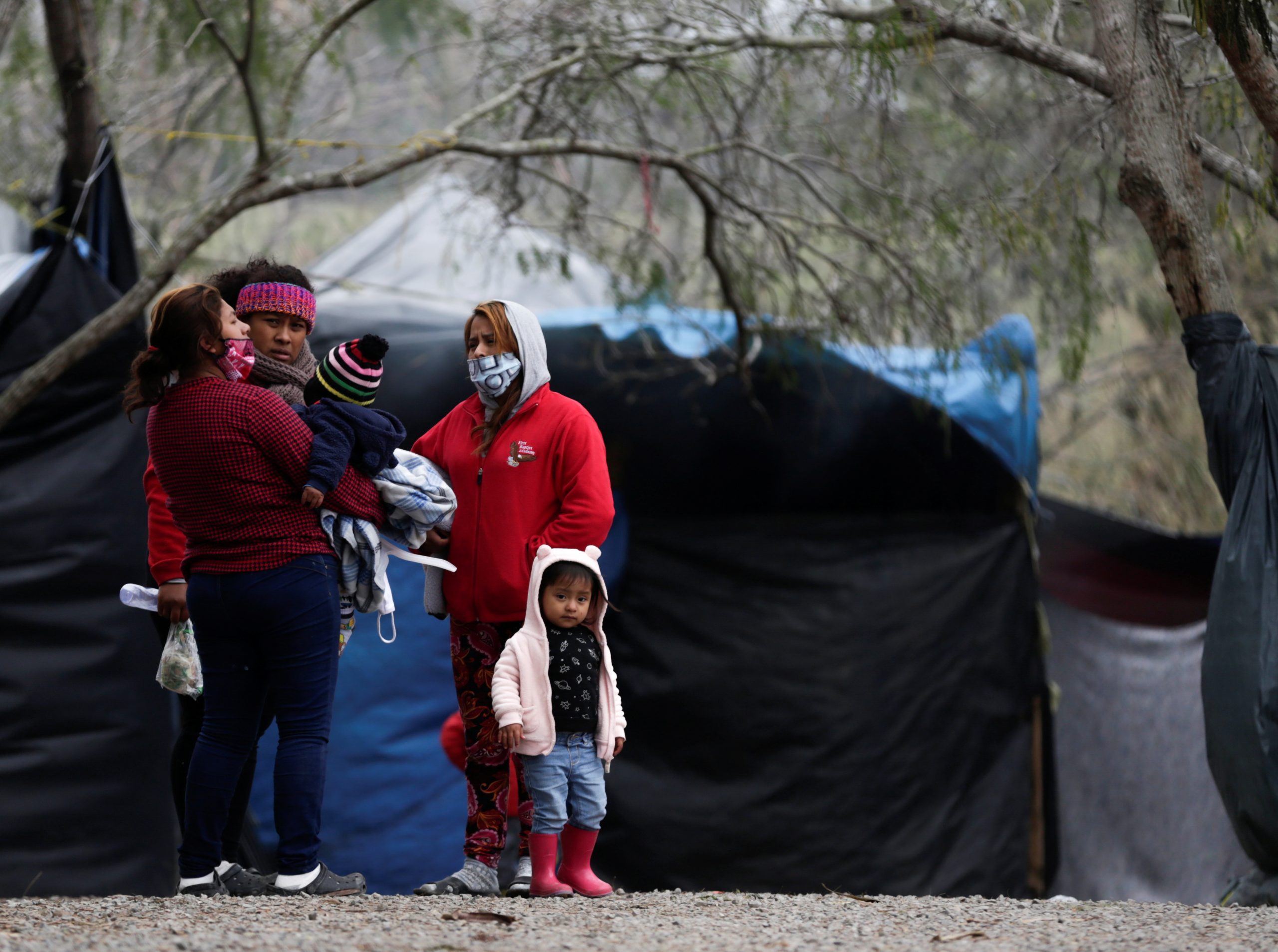The United States will on Friday begin rolling back one of former President Donald Trump’s strictest immigration policies, allowing in the first of thousands of asylum seekers who have been forced to wait in Mexico for their cases to be heard.
President Joe Biden pledged while campaigning to immediately rescind the Trump policy, known as the Migrant Protection Protocols (MPP). Under the program more than 65,000 non-Mexican asylum seekers were denied entry and sent back across the border pending court hearings. Most returned home but some stayed in Mexico in sometimes squalid or dangerous conditions, vulnerable to kidnapping and other violence.
Now they will be allowed into the United States to wait for their applications to be heard in immigration courts. The effort will start slowly, with only limited numbers of people being admitted on Friday at the port of entry in San Ysidro, California.
It will expand to two additional ports of entry in Texas, including one near a migrant encampment in Matamoros, Mexico, in the coming week, according to a U.S. Department of Homeland Security spokeswoman.
The administration estimates that only 25,000 people out of the more than 65,000 enrolled in MPP still have active immigration court cases and is set to begin processing that group on Friday. But it has cautioned that the efforts will take time.
Biden officials say they expect eventually to process 300 people per day at two of the ports.
The Biden administration is treading carefully, wary that the policy shift could encourage more migrants to trek to the U.S.-Mexico border. U.S. officials say anyone who seeks to enter and is not a member of the MPP program will be immediately expelled.
A group of Republican lawmakers sent a letter to Biden on Feb. 10 that said allowing MPP migrants to enter the United States “sends the signal that our borders are open.”
The United States, Mexico and international organizations have scrambled in recent days to figure out how to register migrants online and by phone, transport them to the border, test them for COVID-19 and get them to their destinations in the United States, people familiar with the effort said.
The fast-moving process and lack of information from U.S. officials has frustrated some advocates eager to assist the effort.
The situation has taken on urgency as a winter storm has brought frigid temperatures to much of the southern United States and northern Mexico.
Migrants in the sprawling Matamoros encampment have reported children and families struggling to stay warm in makeshift tents lacking insulation or other protection from the cold. The camp has grown in recent weeks as migrants anticipate the end of the MPP program, but DHS has said that processing will not begin there until Feb. 22.
On Thursday, Honduran asylum seeker Antonia Maldonado served hot chocolate from a steaming pot on a stove made from the inside of a washing machine to other asylum seekers in Matamoros shivering in the near freezing weather.
She has been taking goodbye photographs and making plans to leave with her partner, Disón Valladares, a fellow asylum seeker she met on the journey to Matamoros.
“He wants me to go first, and I want him to go first,” she said. They are hopeful that once they enter the United States they will be able to marry.
Those seeking asylum may not have their cases resolved for years due to COVID-related immigration court closures and existing backlogs, according to Aaron Reichlin-Melnick, policy counsel at the pro-immigrant American Immigration Council.
The delay would give the Biden administration time to reverse some Trump policies that sought to make it harder to obtain asylum, he said.
In the meantime, migrants will be released to the United States and enrolled in so-called “alternatives to detention” while awaiting their hearings, a U.S. official said last week. Such programs can include check-ins with immigration authorities as well ankle bracelet monitoring.
(Reporting by Mimi Dwyer in Los Angeles, Ted Hesson in Washington and Laura Gottesdiener in Matamoros, Mexico; Editing by Ross Colvin and Daniel Wallis)

























 Continue with Google
Continue with Google